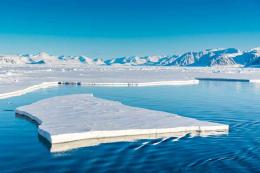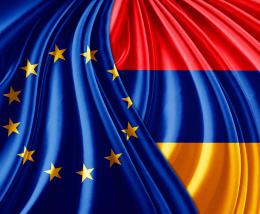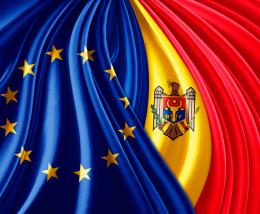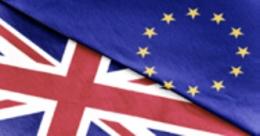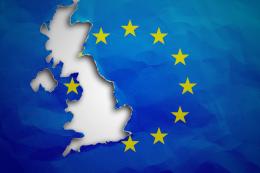European Economic
and Social Committee
Europa
Na Europa, o CESE mantém relações com os parceiros sociais e as organizações da sociedade civil nos Balcãs Ocidentais, na Vizinhança Oriental, nos Estados da Associação Europeia de Comércio Livre (EFTA) membros do Espaço Económico Europeu (EEE) – Islândia, Listenstaine e Noruega – e no Reino Unido.
O Comité de Acompanhamento para os Balcãs Ocidentais – órgão interno permanente do CESE – é o principal instrumento de coordenação das atividades do CESE nesta região. O Fórum da Sociedade Civil dos Balcãs Ocidentais, organizado de dois em dois anos, faz parte do trabalho do comité de acompanhamento.
O CESE também trabalha bilateralmente com os países dos Balcãs Ocidentais que iniciaram negociações de adesão e com a Turquia, através de órgãos especializados criados com base em acordos de associação entre estes países e a UE: o objetivo desses comités consultivos mistos é associar os parceiros sociais e as organizações da sociedade civil ao acompanhamento dos processos de pré-adesão e de reforma com vista a uma eventual adesão à UE. Cada órgão é composto por um número igual de membros do CESE e do país parceiro e reúne geralmente uma ou duas vezes por ano.
O CESE criou igualmente um Comité de Acompanhamento para a Vizinhança Oriental, um órgão interno responsável pelo reforço das relações com a sociedade civil dos países da região, nomeadamente a Arménia, o Azerbaijão, a Bielorrússia, a Geórgia, a Moldávia e a Ucrânia. Os principais mecanismos de cooperação com a Arménia, a Geórgia, a Moldávia e a Ucrânia são as plataformas da sociedade civil, que permitem às organizações da sociedade civil da UE e do país parceiro acompanhar a aplicação do acordo da UE com esse país e elaborar recomendações às autoridades competentes. Além disso, a Ucrânia e a Moldávia tornaram-se países candidatos em 2022.
No que diz respeito à Bielorrússia e à Rússia, o CESE mantém relações com as organizações da sociedade civil que ainda operam livremente, na sua maioria baseadas no território da UE. O CESE considera importante manter o diálogo vivo, na expectativa de melhores condições no futuro.
O Espaço Económico Europeu (EEE) reúne os Estados-Membros da UE e três Estados da EFTA (Islândia, Listenstaine e Noruega) num mercado interno onde bens, serviços, capitais e pessoas podem circular livremente. O CESE integra o Comité Consultivo do Espaço Económico Europeu, onde são debatidas questões de interesse comum com representantes dos parceiros sociais dos Estados da EFTA membros do EEE.
Por último, o CESE tem um Comité de Acompanhamento UE-Reino Unido, que é responsável pelo acompanhamento das relações entre a UE e o Reino Unido da Grã-Bretanha e da Irlanda do Norte do ponto de vista da sociedade civil. O trabalho deste comité de acompanhamento centra-se especialmente na aplicação do Acordo de Saída UE-Reino Unido e do Protocolo relativo à Irlanda/Irlanda do Norte, sobre os quais mantém um diálogo permanente com as organizações da sociedade civil do Reino Unido, bem como na aplicação do Acordo de Comércio e Cooperação UE-Reino Unido, a respeito do qual coopera com o Grupo Consultivo Interno da UE criado no âmbito desse mesmo acordo.
